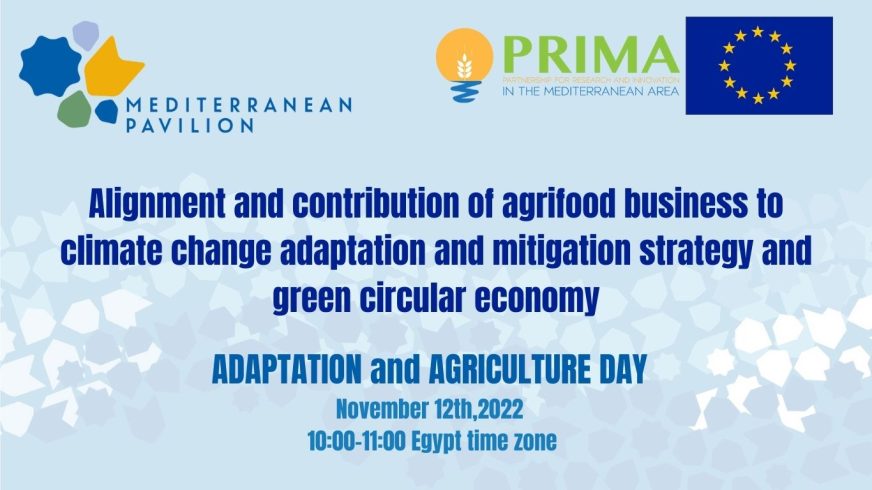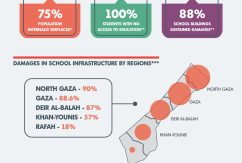Alignment and contribution of agrifood business to climate change adaptation and mitigation strategy and green circular economy

Concept – Agri-food systems are at the centre of the global debate on sustainable development, for their impact on climate change, CO2 emissions and biodiversity loss, for the importance that food security is assumed worldwide, for the spread of obesity and malnutrition, and the effects of it on the well-being and health of individuals and societies. The recent geopolitical crisis in Ukraine confirms this sector’s relevance from an economic, social, humanitarian and strategic standpoint.
In the path towards more sustainable agrifood systems, companies can play a central role, adopting production and distribution models that are more attentive to environmental resources and social equity and promoting dietary patterns in line with sustainable diets. The Mediterranean and the MED diet constitute a case in point where it would be interesting to engage with the smallholders and companies to call upon them to take responsibility for adopting more sustainable institutional, economic, social and environmental practices. If there is no doubt that companies’ behaviour might have negatively impacted some of the current problems, the same sector can also be part of the solution.
This evolution, as it can benefit the environment and society, could also benefit the companies themselves in terms of new market opportunities, financial resources, and better relations with stakeholders and regulators. Large companies have already grasped the importance of this evolution. On the other hand, smaller companies are less committed to this process, with the risk of losing market opportunities and competitiveness. At the same time, precisely the smallholders and small companies are the backbones of the productivity system of several Mediterranean Countries and economies. To avoid sustainability being seen as a burden, instead of an opportunity, it is necessary to start with the promotion of the grammar of sustainability in smaller companies. That is to make them understand what sustainability means for agrifood companies, how to introduce it into operational activities, how to monitor it and how to communicate it.
The establishment of accounting and sustainability reporting mechanisms, meant to assess the alignment of companies’ practices to SDGs and related targets, has played a positive role in pushing companies to improve their behaviours, also triggering sustainable investments for economic growth. Perceptions around sustainability performance measurement and reporting have also evolved significantly. While this type of performance was considered not very common years ago, today, the alignment to sustainability is an act of leadership and expected conduct.
The current debate around food systems has clearly shown that the global objective cannot be achieved independently of the different local contexts where citizens, businesses and consumers live. In particular, the G20 Agriculture Communique has clearly stated that there is no one size fits all strategy to promote sustainable food systems. On the contrary, the appropriate implementation of the strategy shall also bear in mind and adequately valorize the cultural, traditional, and historical elements. Therefore, the issue of how to assess business practices becomes crucial for the future of the food sector.
The seminar will investigate the models and systems to measure the impact of agrifood production on the environment and on nutrition, taking into consideration the risks that inadequate measurement systems can endanger traditional Mediterranean production and value chains.
Other Opportunities



































